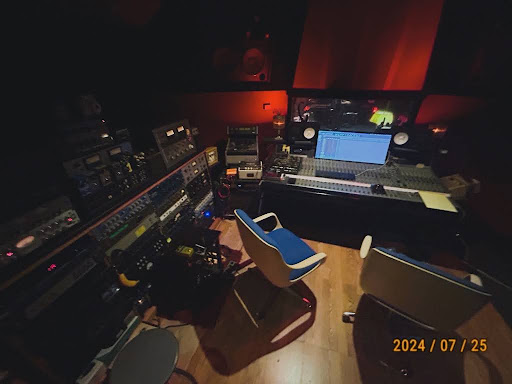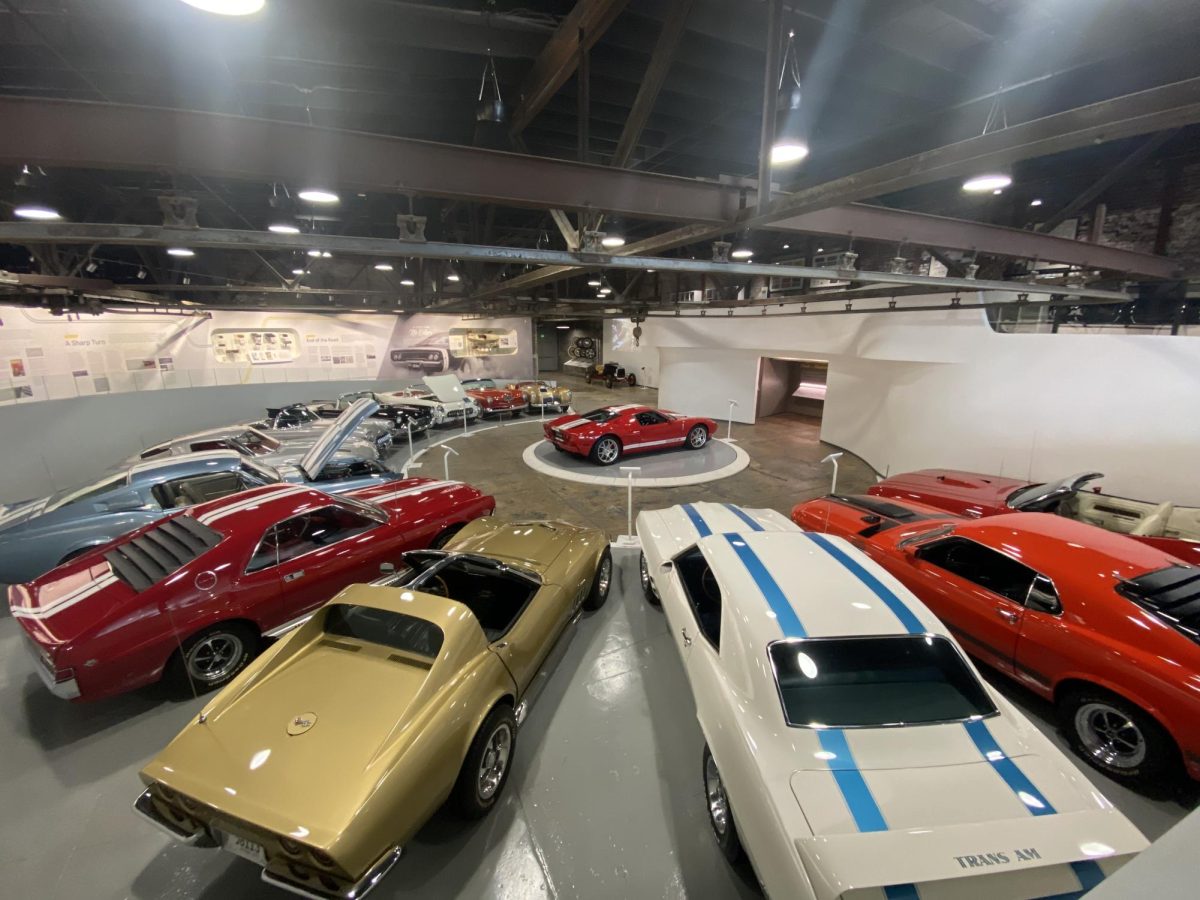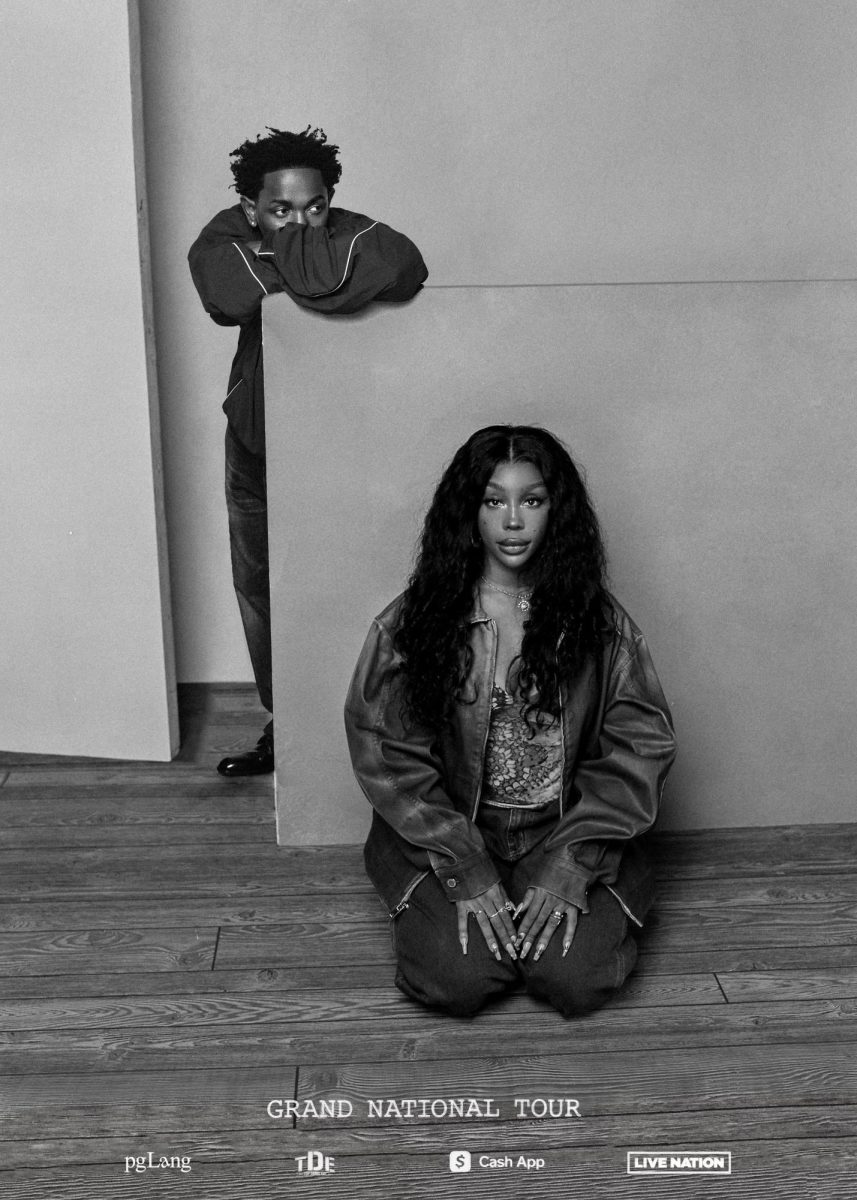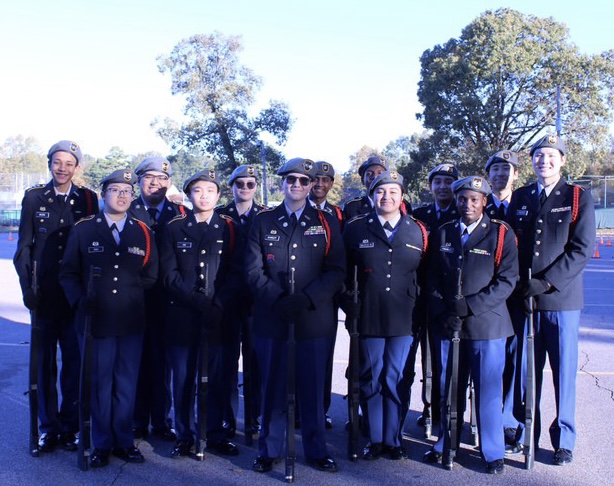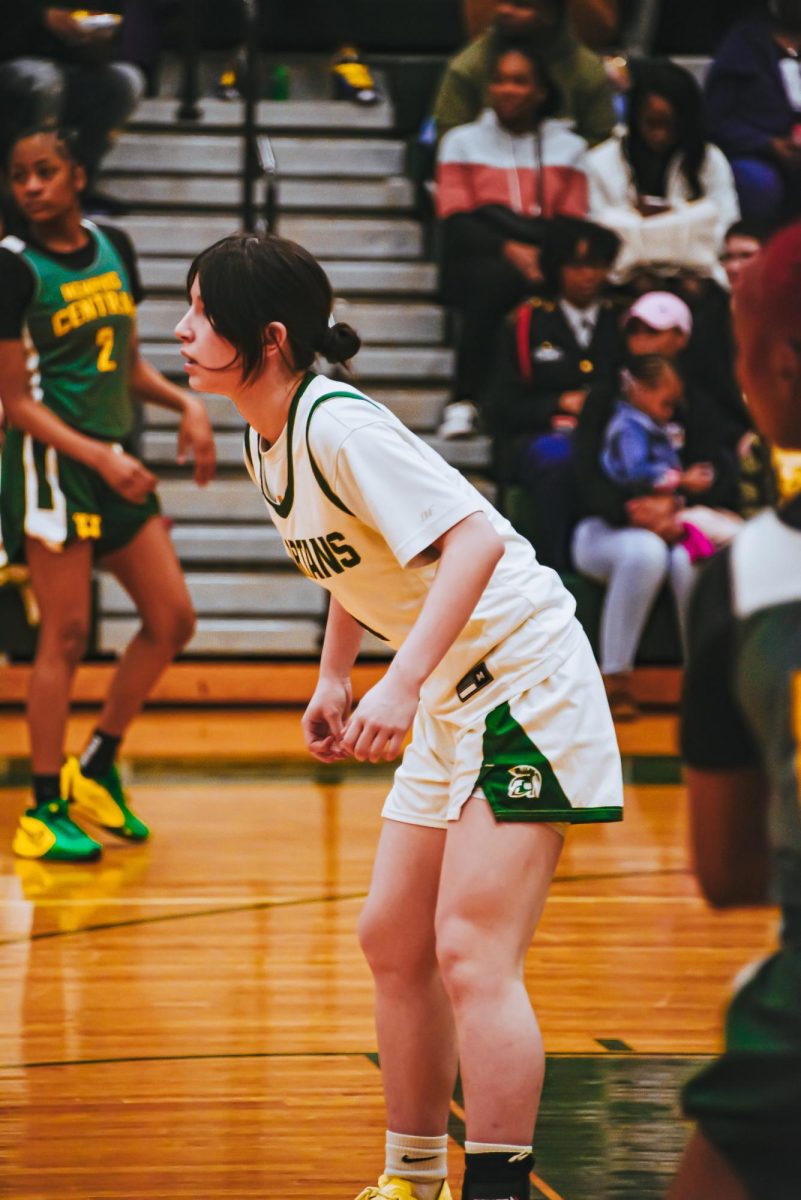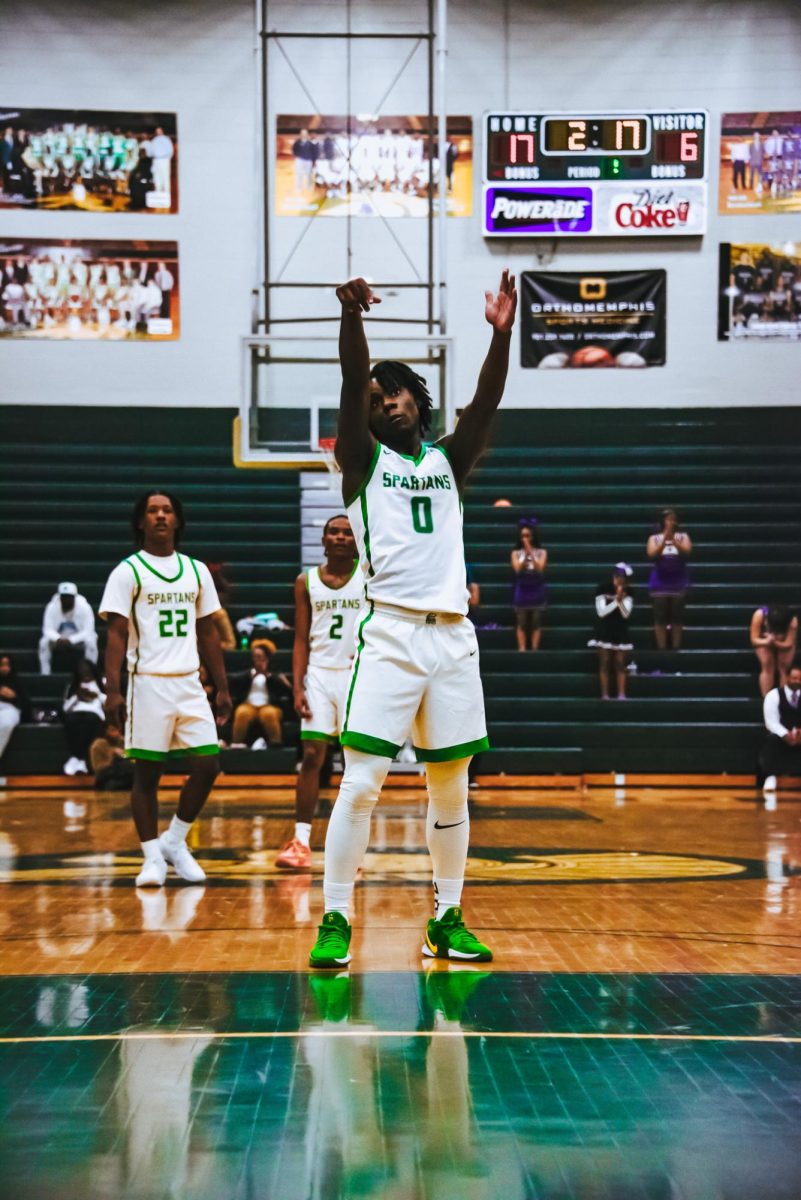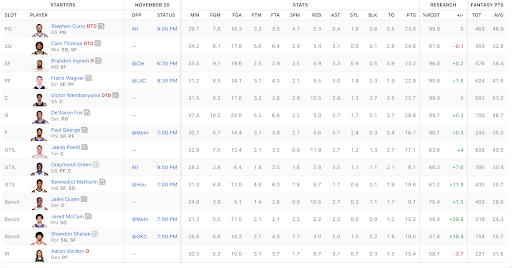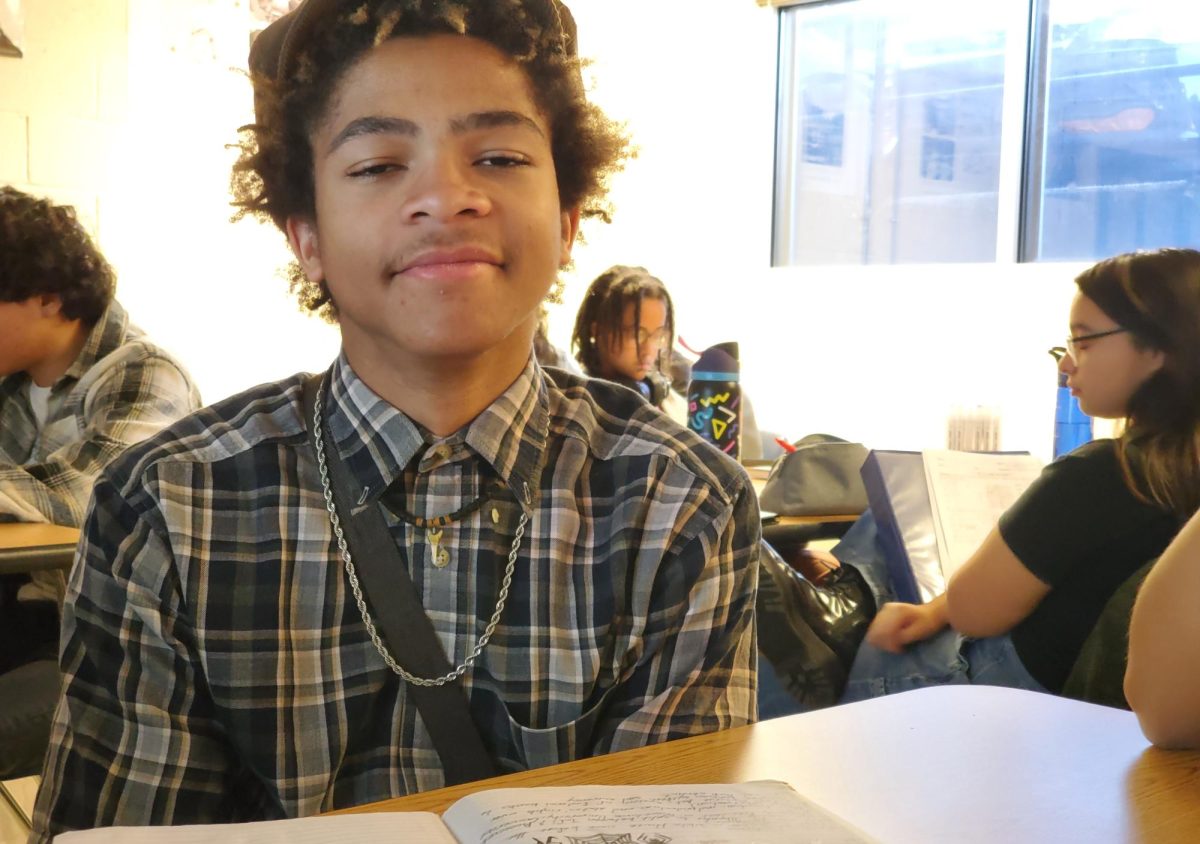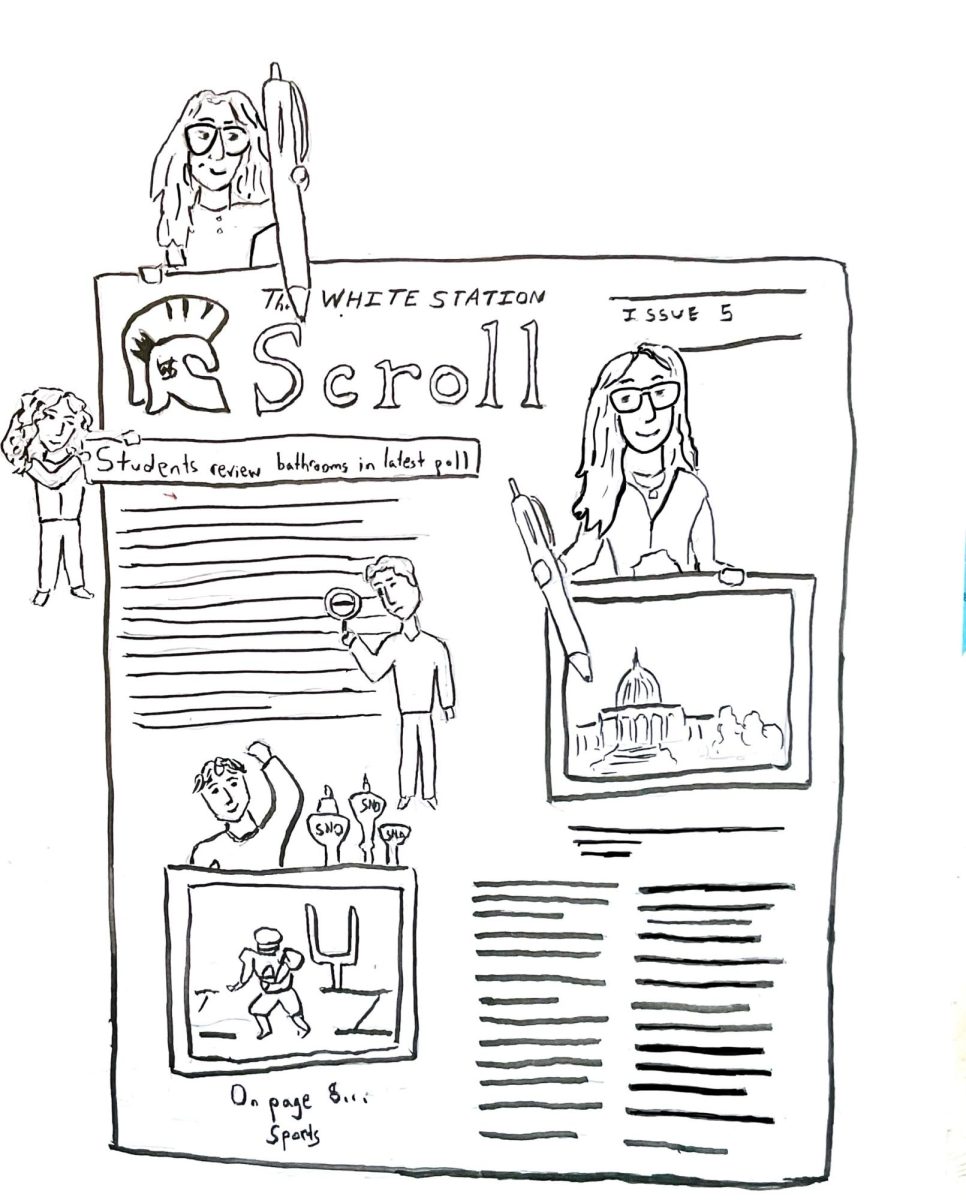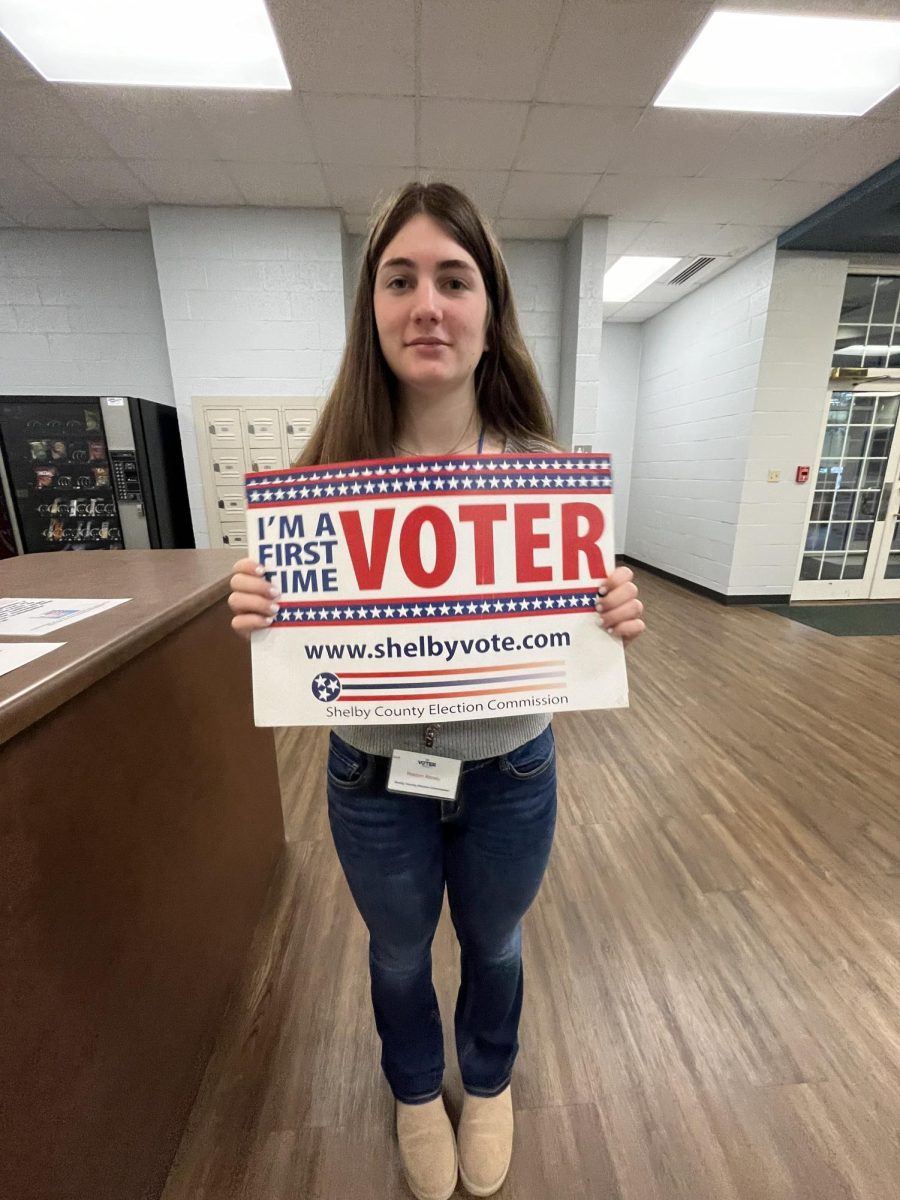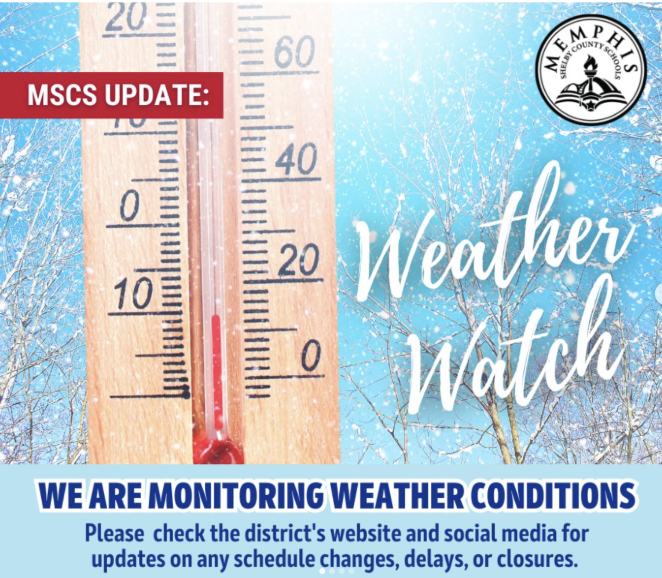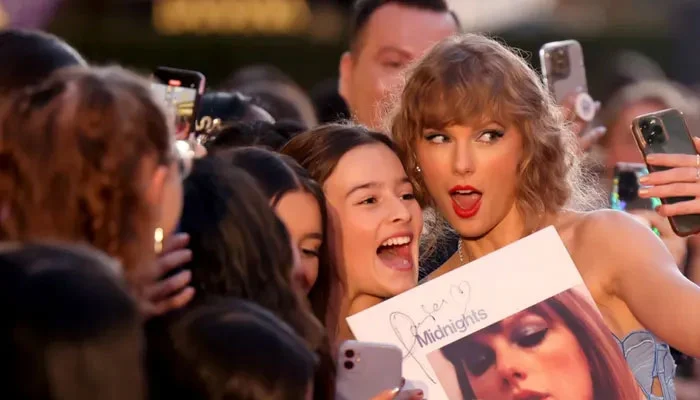The bright, vibrant lights and immense popularity that come with stardom lure in countless innocent souls. Many kids dream of a life where cameras blind their eyes, and their faces grace the cover of numerous magazines. However, the underside of the dream is a dark, isolated life rooted in tumultuous, rocky relationships with strangers who determine your yearly income — fans. In contrast to its high social status, the unforgiving public eye poses the question of whether the career is worth it. With constant privacy issues and the public in your face, the question must be asked if fame is worth it.
Defined as a platonic or romantic relationship generated by fans, parasocial relationships are one-sided relationships between a celebrity and their admirer. The question of whether parasocial relationships are inherently good or bad is often up for debate, but such relationships with an artist can border on obsession.
“There’s not really an issue necessarily with having parasocial relationships with celebrity figures or influencers, but I think it can become harmful or bad in the way [that] we really don’t know these people,” Milagros Perez (12) said.
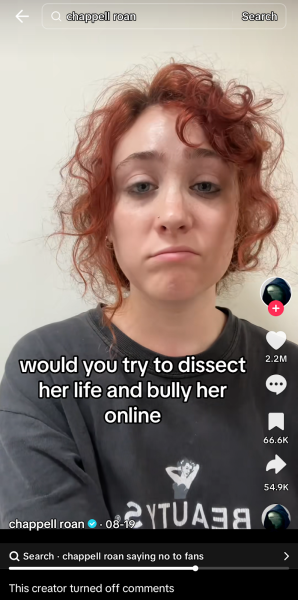
In parasocial relationships, artists act as producers, creating unique content, and then act as performers where they put their creations in flashy shows for their die-hard fans. In the infinite cycle of music listening, fans listen to their artist’s music and then analyze and study it heavily; therefore, fans usually characterize an artist’s music depending upon the emotions and desires they exude from the song. For example, artists like Mitski are seen as sources of happiness and safety because of the emotional rawness of her lyrics.
“[I use Mitski] as a way to cope,” Elizabeth Aguilar (11) said. “It’s a good thing because that way I can relieve some stress … sometimes her songs do cheer me up because not all her songs are sad.”
Though fans can appreciate an artist’s work from a distance, they often push these boundaries. Some fans develop a fascination with an artist beyond their music, causing them to seek more information about a musician far past what the public knows. The carefully curated privacy and boundaries set by the artist can be brought down, pushing information about the artist into the public eye.
“[Swifties] disrespect [Taylor Swift] … they go over her privacy,” Moontakim Noorullah (12) said. “They’re always recording her every single second of the day, but I know that [it] is [this way] for all celebrities.”
With crossed boundaries often comes fans sexualizing celebrities instead of viewing them as humans with a full array of emotions. The messages and meanings behind their rise to fame can be overshadowed by how fans physically view them.
“Fans would see [female artists] in a different way,” Christian Logan (10) said. “A lot of fans do [oversexualize them] when it comes to women artists, like they go over-the-top.”
Many fans disregard the seriousness of female artists as both people and performers, creating a discrepancy in treatment between male and female celebrities. Female celebrities can cross the same milestones as their male counterparts; however, sometimes, they are not respected or recognized as much.
“[Harry Styles] also did a World Tour and he’s just as famous as Taylor Swift,” Noorullah said. “[However,] he’s still respected over Taylor Swift a ton of times.”
Consequently, there are boundary issues between fans and artists. Some fans view celebrities as gods and untouchables who are near perfection and do not view them as humans who make everyday mistakes.
The toxic relationship caused by fans is something that can eliminate the supposedly invincible, harmless fan-artist relationship. The toxicity of fans is a prominent issue in the industry that can lead many artists into a box of eyes, locking them in the chain of the forced public eye, making them beg and do anything for the comfort of closed doors. Enormous amounts of fame can lead to millions of people consuming their content, millions of people curating opinions and millions of people forming relationships with these artists.
“[People] view [celebrities] as perfect or definitely don’t see or think about the real aspects of them,” Perez said.” The real aspects of them and [their lives is] and the fact that they are real people and have real people problems.”



